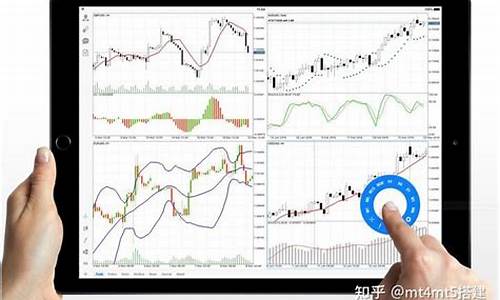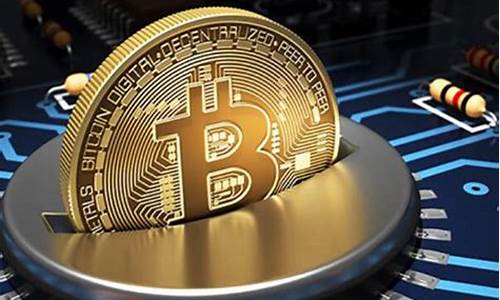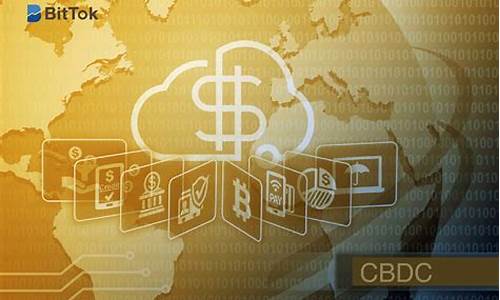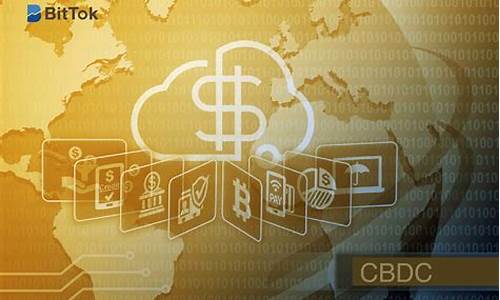
Title: Understanding Digital Currency: Its Evolution and Characteristics
In recent years, digital currency has emerged as a revolutionary innovation that is transforming the financial landscape. But what exactly is digital currency? In simple terms, it refers to a type of currency that exists purely in electronic form, allowing for secure and efficient online transactions. This article will explore the evolution of digital currency, its characteristics, and its potential future implications.
The Origins of Digital Currency
The concept of digital currency can be traced back to the 1990s, when a group of programmers created an electronic cash system known as "e-gold." However, this system was plagued by security issues and regulatory challenges, leading to its eventual downfall. It wasn't until 2009 that Bitcoin, the world's first decentralized digital currency, was created by an unknown person or group using the pseudonym Satoshi Nakamoto.
Bitcoin operates on a decentralized network, meaning that it is not controlled by any central authority. Instead, transactions are verified and recorded on a public ledger called the blockchain. This technology provides a high level of security and transparency, making digital currency an attractive alternative to traditional forms of currency.
Digital Currency vs. Physical Currency
One key characteristic of digital currency is that it exists purely in electronic form. Unlike physical currency, which is tangible and can be exchanged for goods and services, digital currency cannot be physically touched or held. Instead, it is represented by a unique code known as a "hashcode." When a transaction takes place, the hashcode is broadcast to the network, and once confirmed by a majority of nodes, the transaction is considered complete.
Another difference between digital currency and physical currency is the level of regulation. Physical currency is subject to strict government control and oversight, while digital currency operates largely outside the realm of traditional finance. This has led to concerns about its use in illegal activities such as money laundering and tax evasion.
The Future of Digital Currency
Despite these concerns, digital currency is poised to play an increasingly important role in the global economy. Many experts believe that it has the potential to disrupt traditional banking systems and provide greater financial inclusion for people around the world.
However, there are also challenges that must be addressed before digital currency can reach its full potential. These include issues related to security, scalability, and regulation. As digital currencies continue to evolve and mature, it will be crucial for governments and financial institutions to work together to ensure that they are used safely and responsibly.
Conclusion
In conclusion, digital currency represents a significant shift in the way we think about money and finance. While it still faces many challenges and uncertainties, its potential to transform the global economy cannot be denied. As we move forward into this new era of finance, it will be important for us to stay informed and engaged with these developments.










